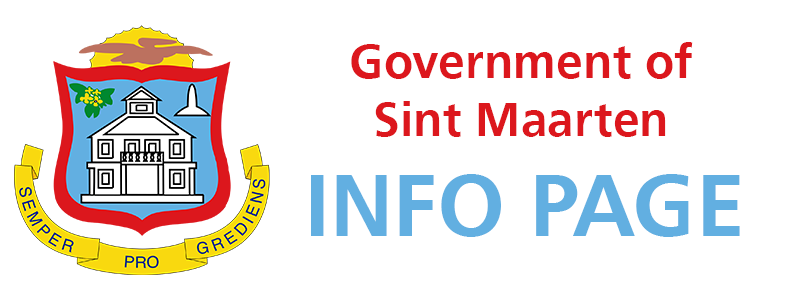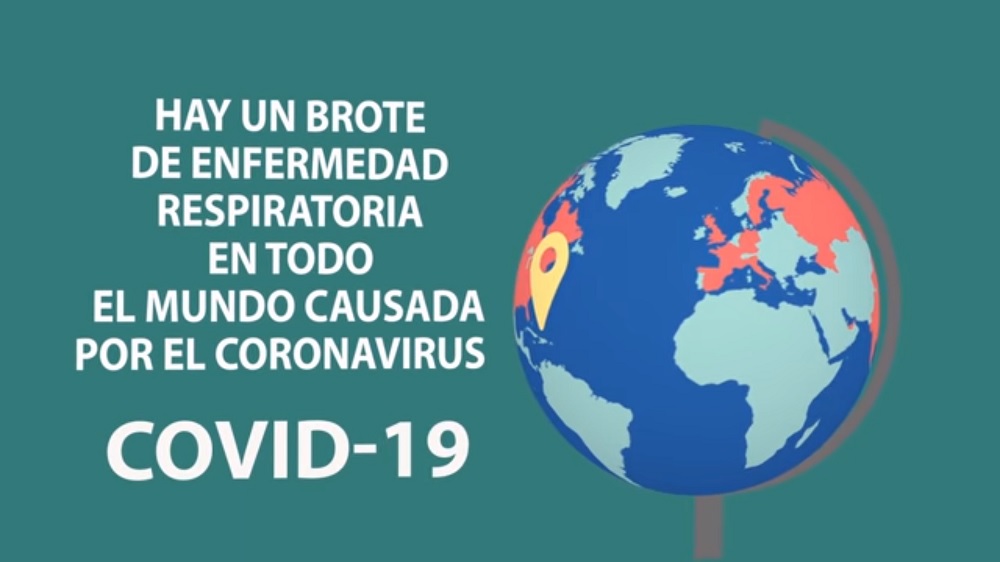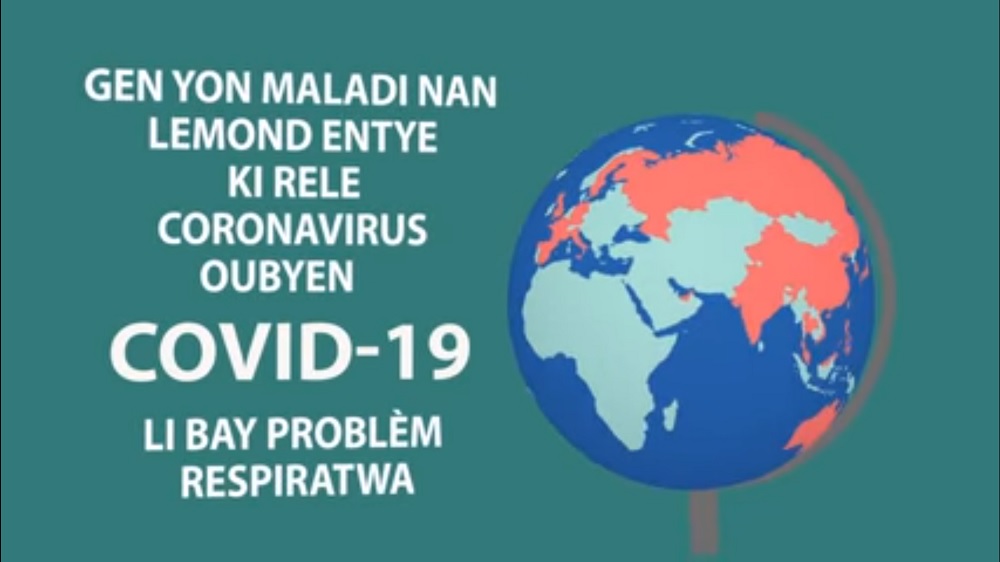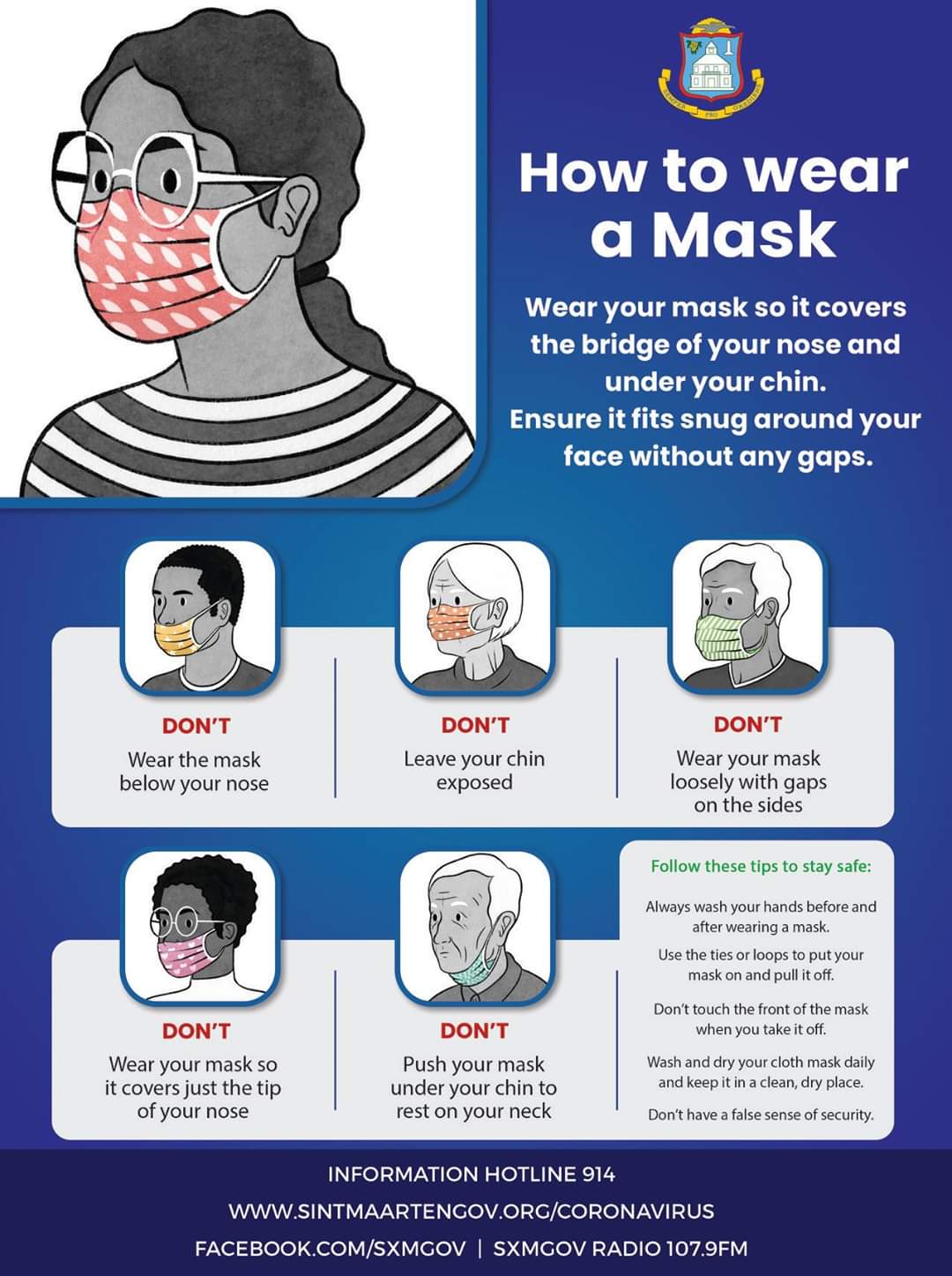Issue of reparatory justice and demands for reparations
One SXM is pleased to see that the issue of reparatory justice and demands for reparations finally become a prominent discussion in St. Martin, as this has been an extensive process, with many in the community such as Rastafari, labor unions, the Independence for St. Martin Foundation, and countless others making these demands for decades.
Today as the world, but particularly the Caribbean, through the efforts of CARICOM’s Reparations Commission (CRC), is making strides in the Reparations Movement, One SXM is playing its part through its activism and as an associate member of the CRC. In particular, One SXM continues to demand from the Dutch State a commitment to reparatory justice for its involvement in Slavery and the Transatlantic Slave Trade, crimes the State has acknowledged it committed, and for which the State has issued two apologies.
From One SXM’s perspective, while the dialogue between CARICOM and the Dutch State takes place on the level of governments to bring the Dutch State to account for the atrocities committed in the Caribbean region, there are some key issues to be addressed within the kingdom of the Netherlands vis a vis the Caribbean islands, and One SXM condemns the approach within the kingdom in addressing the effects of this brutal crime committed against our people.
First there is the issue of trying to link Reparations to sustainable development. We subscribe to the view that discussions on reparations are a precursor to discussions on sustainable development. Any attempt to conflate the two issues negates the just claims for reparations for crimes committed under enslavement and colonialism. This is about making amends for wrongdoing which continue to be entrenched in systemic injustice, racism, and a disrespect for people of African descent.
Secondly, the Dutch colonizing State has neglected to assume its responsibilities toward the development of the colonies, and it has neglected to adhere to the United Nations’ calls undertaken for the development of colonies to ensure a foundation for viable self- determination and sustainable development. The fruits of reparations are not intended to fix what was not fixed by the colonizer as the beneficiary of colonialism, now determining disbursements through “projects.” We submit that if the State can defy the international community, we cannot trust its treatment of us through projects. The Dutch State must stop the commodification of the people of St. Martin.
Furthermore, One SXM is of the opinion that human rights cannot be fully realized within the context of perpetual colonialism by the Dutch State. For One SXM, it is dishonorable to engage in discussions about grants from the State for projects while our island continues to be straddled with debts by the State, leaving future generations of St. Martiners to bear a burden for which they are not responsible. There can be no talk of loans and grants when there are outstanding payments for centuries of unpaid labor. Moreover, the term grant suggests some largesse, and we are not asking for charity. Addressing the crime of enslavement and colonialism is not the responsibility of the people of St. Martin. Neither is the spending of reparations claims within the remit of the colonizer.
Lastly, while One SXM subscribes to the CARICOM Ten-Point Plan as a guiding platform for discussions about reparations and other forms of reparatory justice, the Plan has not appeared on the agenda for discussion within the Dutch kingdom. Self-determination, equality, removal of discrimination, and an international voice must all form part of reparations discussion with the Dutch State; from One SXM’s perspective, the issue of reparations is inextricably linked to full decolonization in the form of political independence.









